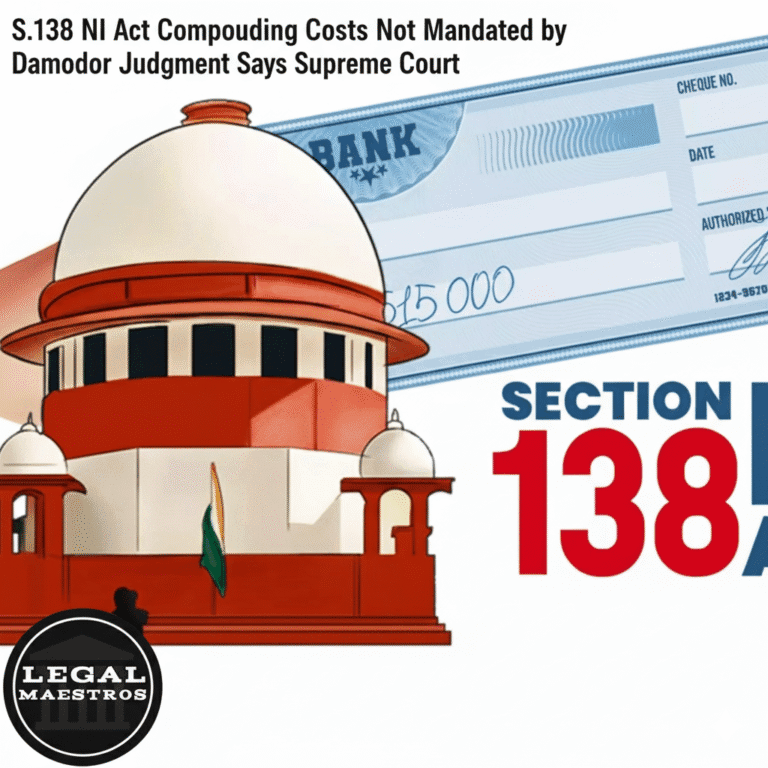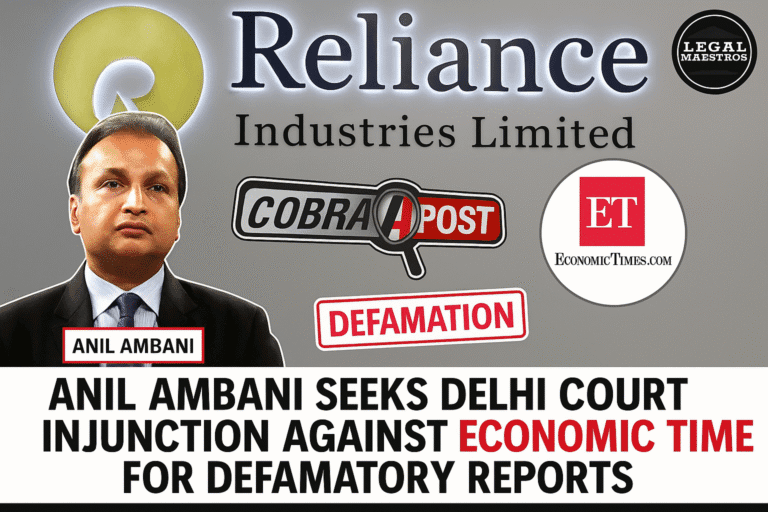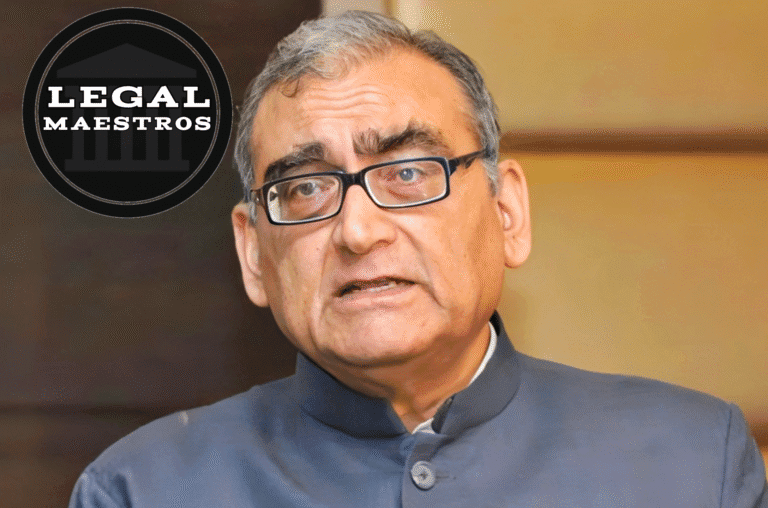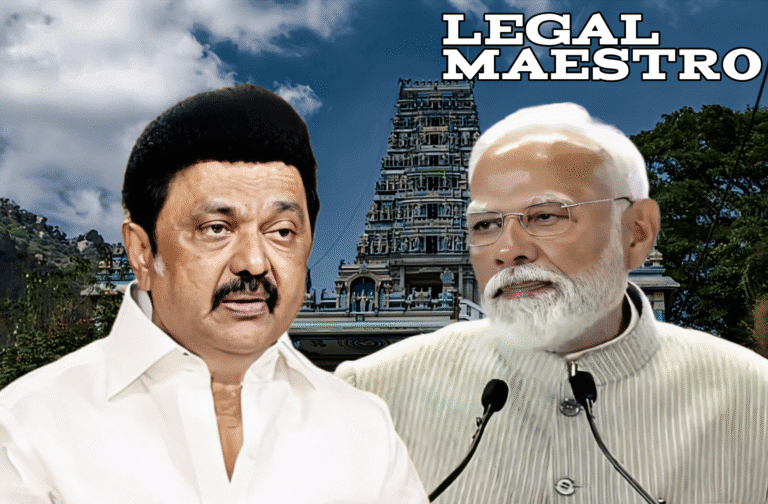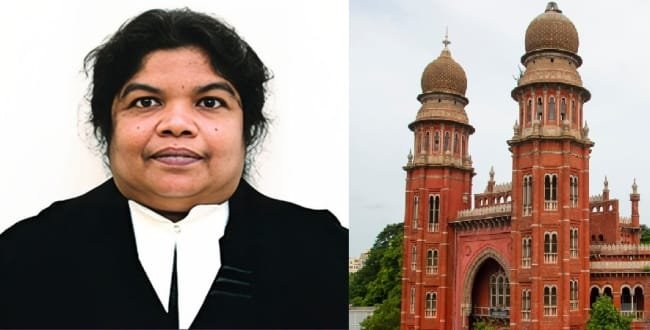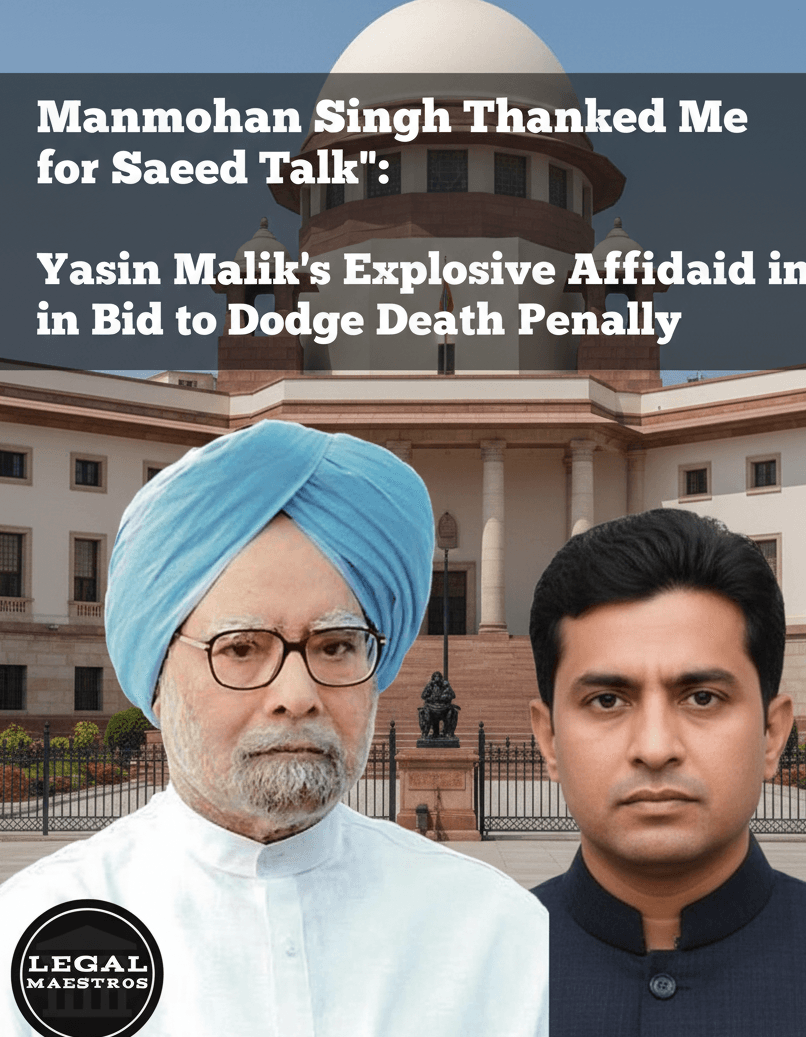
Manmohan Singh Thanked Me for Saeed Talk: Yasin Malik's Explosive Affidavit in Bid to Dodge Death Penalty
A Startling Claim from a Condemned Man
In a theatrical twist to the story, Yasin Malik, a central and provocative figure in the Kashmiri separatist movement has gone on a bombastic claim behind prison bars. Malik, who is accused of a possible death sentence in a terror funding case, has filed an affidavit with the court which could change at least one chapter of the recent political history of India.
The document accuses him of not only knowing but also receiving the approval of the top flight of the Indian government regarding his attempts to communicate with one of the most wanted terrorists in the world.
This action is largely perceived as a desperate, high-stakes gambit to rebrand his image as a convicted terrorist into that of political figure who used to play a very important role in the peace process.
For any queries or to publish an article or post or advertisement on our platform, do call at +91 6377460764 or email us at contact@legalmaestros.com.
The National Investigation Agency (NIA) is appealing to have his sentence increased to death, a plea that is opposed by Malik who is serving a life term. His affidavit tries to present a different story, one that implies a long and uneasy relationship with the Indian state that transcends the current obsessions of the courtroom.
The core of his defense lies in the claim that he was not merely a separatist leader but a bridge, through which the Indian establishment could reach out to factor perceived to be beyond the pale. This blistering affidavit is meant to put into question the state version of him as an un-redeemable enemy, and proposes instead that he was someone, once, who was involved in a high stakes diplomatic ball game. The allegations, be they accurate or not, drive one to a retrospective consideration of the darker world of back-room deals in the Kashmir struggle.
It is now no longer a question of a particular case against Malik, but of political history. The affidavit is a calculated gambit to provoke an uncomfortable dialogue about the means and concessions which have characterized the search of peace in the troubled valley. It is a last minute effort to persuade the courts that his case is not as simple as the prosecution puts out that and that he should not die.
For any queries or to publish an article or post or advertisement on our platform, do call at +91 6377460764 or email us at contact@legalmaestros.com.
The Manmohan Singh Connection
The implication of a former Prime Minister is the most sensational part of the affidavit given by Yasin Malik. Malik asserts that Dr. Manmohan Singh personally praised him during his reign as Prime Minister of India, in respect of his efforts to conduct talks with Hafiz Saeed, the leader of a designated terrorist organization, Lashkar-e-Taiba, and the perpetrator of the 2008 Mumbai attacks. This is a shocking accusation and it points directly to the heart of what India professes to be its policy on terrorism.
In his sworn statement, Malik said he was urged by the Indian government to work as an intermediary and to convince Hafiz Saeed to take the renunciation of violence. He claims that after the meeting and negotiations with Saeed, he reported back to the authorities and as a result, the Prime Minister, Singh himself, showed gratitude. This description things Malik not as a collaborator of terrorists, but as an unwilling agent performing a risky task at the request of the Indian state.
This assertion is intended to form a strong ethical and legal objection to the death penalty. Lawyers of Malik are trying to argue that it would be a gross miscarriage of justice to execute a man who once played a significant role as an interlocutor with the government on its most sensitive negotiations. The affidavit actually presents the court with the question: how is it possible that the state which trusted a man with such a serious and important task, should now require the death penalty?
For any queries or to publish an article or post or advertisement on our platform, do call at +91 6377460764 or email us at contact@legalmaestros.com.
The accusation casts the history of Kashmir policy of UPA government under a heavy veil of doubt. It poses serious questions as to what the state is doing with the leaders of separatists and how it is going about cross-border terrorism. Should this be so, it implies some degree of real-world, back-channel diplomacy that has never been recognised, so the general distinctions that the state and its targets are generally depicted with are obscured.
A History of Engagement
Although the particular statement of Malik regarding Manmohan Singh and Hafiz Saeed is appalling, it is important to put it in a broader context of how the Indian state had dealt with Kashmiri separatists. Over the decades, governments in New Delhi, regardless of their political ideologies, have periodically opened up channels of communication to different groups in the valley, including those who have publicly opposed Indian sovereignty. It has been a thorny topic in Kashmir policy since its beginning.
Later under the leadership of Prime Minister Atal Bihari Vajpayee, the government launched a historic dialogue with the All Parties Hurriyat Conference, an umbrella of separatist organizations among which Yasin Malik was a leading figure. These discussions hinged on the idea of Insaniyat, Jamhooriyat, Kashmiriyat (Humanity, Democracy, Kashmiriyat) and were regarded as a serious effort to take the separatists into the bargaining table. Malik himself belonged to the group that discussed with the Prime Minister and other senior officials.
For any queries or to publish an article or post or advertisement on our platform, do call at +91 6377460764 or email us at contact@legalmaestros.com.
The following government under Dr. Manmohan Singh maintained this policy of engagement though to a lesser degree. The government had conducted various negotiations with various separatist leaders and the government expected dialogue to be an indispensable element of a long-term solution to the Kashmir problem. The long-term plan was to offer a political release of grievances and over time to absorb the separatist leadership into the mainstream political process and isolate the more violent, hard line segments.
Thus, there is nothing that is unbelievable in Malik claiming that he was negotiating with the government. The real bomb is the so-called operation to attack Hafiz Saeed. This is one step further than negotiating with domestic separatists and is much more threatening and politically volatile than the former. And this particular detail is what renders his affidavit so powerful and provocative.
The State’s Inevitable Rebuttal
With these calamitous charges, the reaction of the present establishment and the prosecuting agency, the NIA, will be prompt and decisive.
For any queries or to publish an article or post or advertisement on our platform, do call at +91 6377460764 or email us at contact@legalmaestros.com.



